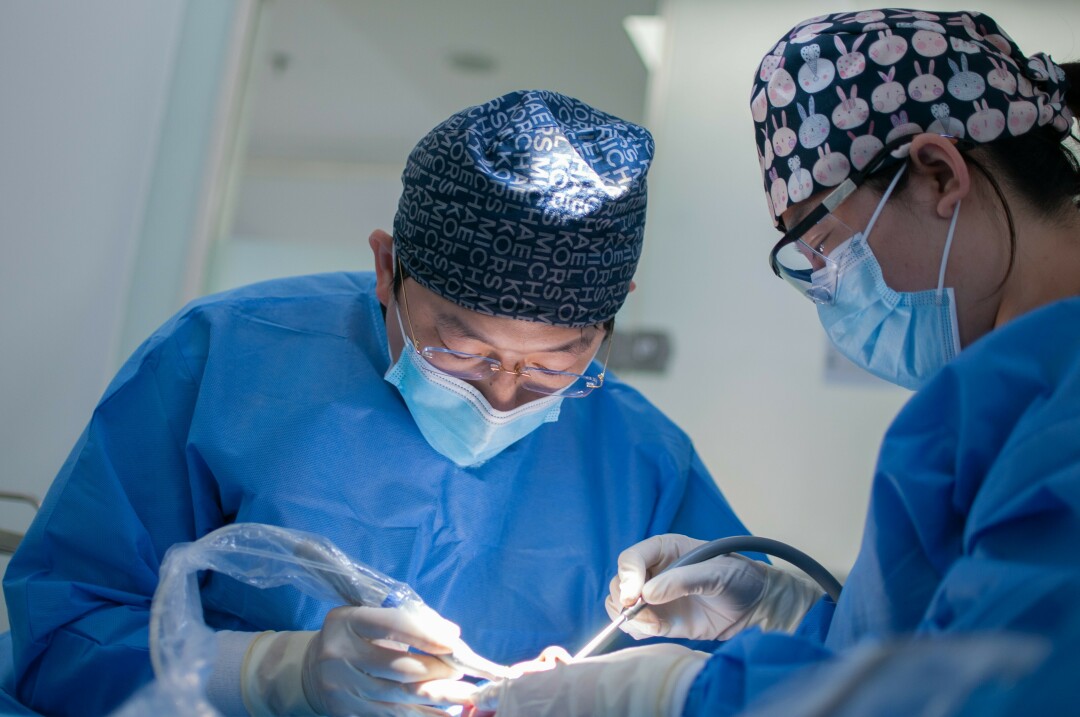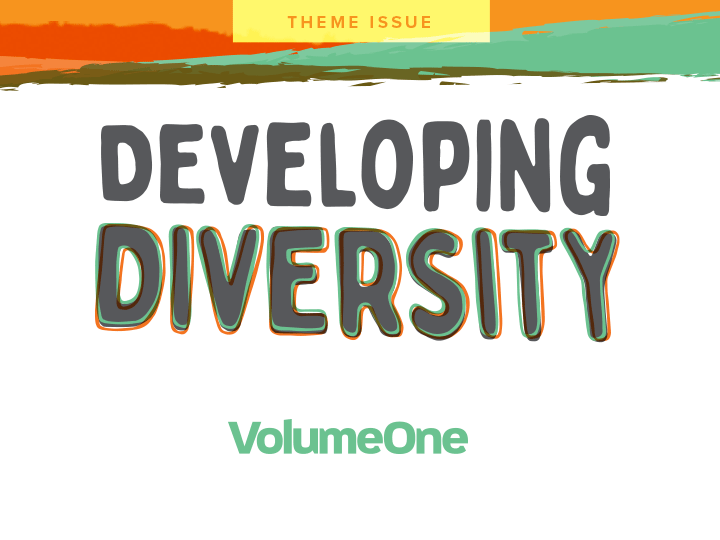Forum Aims to Connect Community on Healthcare
planned forum, conference aimed at fostering understanding among HMoob residents and health systems

Though Eau Claire has been home to one of the largest groups of HMoob people in the state for almost 50 years, this group still faces several challenges when navigating healthcare.
During her time at Mayo Clinic Health System, Liz Moua – an advanced practice social worker – has seen a number of HMoob patients come through needing more guidance due to cultural differences and not understanding health information. The history of the HMoob (often spelled “Hmong” in English) as a marginalized group and war refugees has contributed to a mistrust of the Western system. Moua was determined to support her community by achieving health equity.
“I thought we could coordinate an event where the HMoob community could engage in conversations around the impact of chronic disease, mental health, and substance use on their health and well-being,” Moua said. “This is something I’ve always wanted to do, and it aligns with Mayo Clinic Health System’s commitment to providing culturally relevant care.”
In the fall of 2019, Moua reached out to Sara Carstens, director of Community Engagement and Wellness, to pitch her idea of hosting a community health forum and conference for the HMoob community. Carstens found this partnership with Moua to be a meaningful opportunity to learn the unique aspects of health that specifically impact the HMoob community while also learning what Mayo Clinic Health System could do to provide education and support for a better understanding of healthcare.
Working with the Community Health Needs Assessment, the pair knew the top issues facing Eau Claire County residents were mental health, substance abuse and alcohol misuse, chronic disease, and obesity. Their goal was to take these topics and have a more personal conversation with the HMoob community.
Blia Schwahn, the school and community liaison for the Eau Claire Area School District, has always wanted to host an event where families could learn about community resources, specifically around mental health. Though there is limited research around the HMoob community and mental health, what is available suggests that HMoob people are at least twice as likely to experience a mental health issue compared to the overall U.S. population because of factors such as war trauma, poverty, acculturation, and discrimination. This event would be an opportunity for Schwahn to connect families with HMoob specialists who could provide education around mental health and also reduce stigma.
“We have a lot of youth and families who are struggling,” Schwahn said. “My hope is to bring education, awareness, connection, and an understanding that asking for help is OK. You don’t have to be on this journey by yourself.”
Dang Yang, director of the Office of Multicultural Affairs at UW-Eau Claire, was also invited to be a part of the planning committee because the topics of mental health, substance use, and alcohol misuse are relevant to young adults.
“In addition to getting really timely health information, I hope the community sees this event as an example of community partners coming together to address a very real need,” Yang said. “Collaborative efforts such as these make a difference, because it acknowledges that we can’t do it all alone and that we have a vested interest in everyone’s health and success.”
The health forum and conference was scheduled to take place this fall to avoid conflicting with the harvest season, as many HMoob families farm and work at the farmers markets. Like many things, however, the event has been postponed until next year at the earliest because of the COVID-19 pandemic, which has disproportionately impacted HMoob and other communities of color due to preexisting inequities.
“COVID is shining a light on many good things and is also showing some of the opportunities in our community,” Carstens said. “We are aware of some of the disparities of care for ethnic minorities, and a lot of times, folks are reluctant to come in for care, to get tested, and accept medication and treatment options that we know work.”
The team wants the community to know that healthcare truly is here to help with their overall well-being. If individuals are diagnosed with diabetes or have underlying health conditions, it is strongly encouraged that they seek care in a timely manner. The sooner people can get treatment, the fewer chances there are of negative health impacts. For those with a language barrier, clinics have interpreters on site and also the ability to offer phone interpretation.
Social isolation continues to be a pressing concern and one that can affect physical and mental health. One of the most important protective factors is the power of relationships and connections. If individuals are struggling to find someone to connect with, they are encouraged to reach out to medical providers who can offer resources or refer them to a social worker who can support them with community connections.
“From a mental health perspective, the power of connectivity is so important,” Carstens said. “Whether it’s across generations, within generations, neighbors, or families, we were hoping this health event would accomplish bridging understanding across generations and cultures.”
If you have any questions, contact the Mayo Clinic Health System in Eau Claire through eumchseccw@mayo.edu or at 1-866-375-7464.

